The diplomatic and media worlds are bracing for a high-stakes legal battle as President Donald Trump confirmed his intent to file a massive lawsuit against the British Broadcasting Corporation (BBC), seeking damages between $1 billion and $5 billion. This escalation follows the BBC's formal apology and internal turmoil over the controversial editing of a clip of Trump's speech, originally aired on the flagship investigative programme, Panorama, Daily Dazzling Dawn realized.
The Battleground: Defamation and Editorial Integrity-Trump, speaking to reporters on Air Force One overnight on Saturday, was unequivocal, stating: "We'll sue them... We have to do it, they've even admitted that they cheated. Not that they couldn't have not done that. They cheated. They changed the words coming out of my mouth." This hardline stance comes after the BBC issued an official apology on Thursday, acknowledging an "error of judgement" in the manner the video clip was edited. The BBC stated the programme would "not be broadcast again in this form on any BBC platforms" and "sincerely regrets the manner in which the video clip was edited."
Crucially, the broadcaster's apology was strategically coupled with a firm denial of any legal wrongdoing, adding, "we strongly disagree there is a basis for a defamation claim." This sets the stage for a complex and potentially protracted legal confrontation, likely to be fought in UK courts given the BBC's jurisdiction.
Legal Fallout: Could the BBC Face a Fine?
The central question now shifts to the legal ramifications of such a colossal claim. Defamation law, particularly in the UK, places a significant burden of proof on the claimant (Trump) to demonstrate that the broadcast caused or is likely to cause serious harm to his reputation.
The Outlook for the BBC: While the BBC's swift apology and the resignations of Director-General Tim Davie and BBC News chief executive Deborah Turness earlier this month indicate serious internal acknowledgment of the editorial failure, this does not automatically translate into a successful defamation claim or a crippling fine. The BBC's defence will undoubtedly hinge on the technical nature of the editing error and whether it fundamentally misrepresented the context or the true meaning of Trump's speech to the extent of causing quantifiable reputational damage.
The $1 billion to $5 billion figure cited by Trump is extraordinary for a UK defamation case and is almost certainly an aggressive opening negotiation posture. Should the case proceed to trial and Trump win, the BBC could indeed be ordered to pay substantial damages, although they would likely be significantly lower than the amount claimed. However, it is crucial to note that defamation cases in the UK typically result in damage awards (compensation to the claimant), not "fines" (which are penalties imposed by a regulator or state). The potential financial consequence for the BBC is significant compensation, legal costs, and severe reputational harm, which could further fuel calls for closer regulation or government scrutiny.
Behind the Scenes: Corporate Fallout and Political Implications
The controversy stems from the editing of a speech Trump made on January 6, 2021, just prior to the riot at the US Capitol building, which was featured on Panorama. Reports, including an internal memo cited by The Daily Telegraph, raised serious concerns about the impartiality and accuracy of the editing process. The subsequent resignations of Davie and Turness underscore the severity of the institutional lapse and the pressure exerted by the backlash.
Further intensifying the situation, Trump informed reporters he would be discussing the matter with Prime Minister Sir Keir Starmer over the weekend. This adds a layer of political intrigue, injecting a foreign legal dispute directly into high-level UK-US diplomatic relations, especially given the public nature and political sensitivity of the BBC's funding and governance.
The threatened lawsuit, following an earlier demand from Trump's lawyers for a $1 billion apology, retraction, and compensation, signals that the former President is not satisfied with the BBC's current response. Legal experts anticipate that this case will become a landmark test of editorial accountability, media freedom, and the limits of defamation claims against international broadcasters. The world now watches as one of the world's most prominent public figures takes on one of its most venerable news institutions in a multi-billion dollar legal showdown.
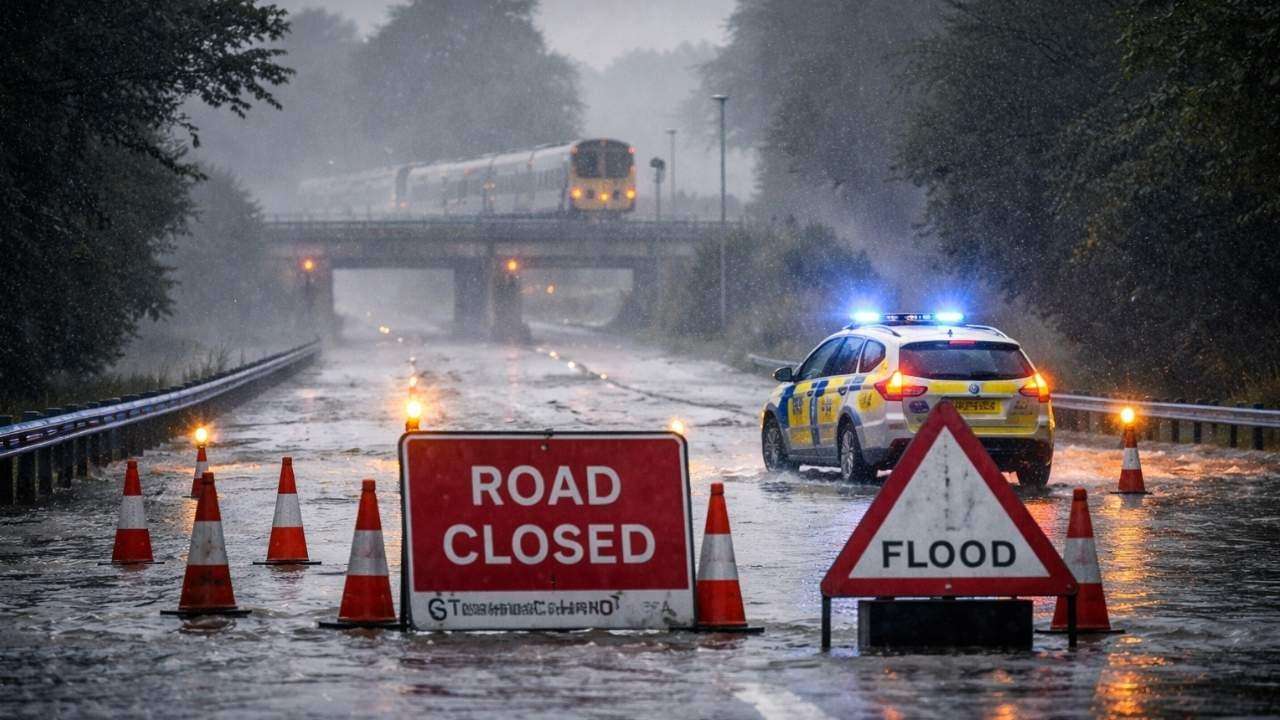

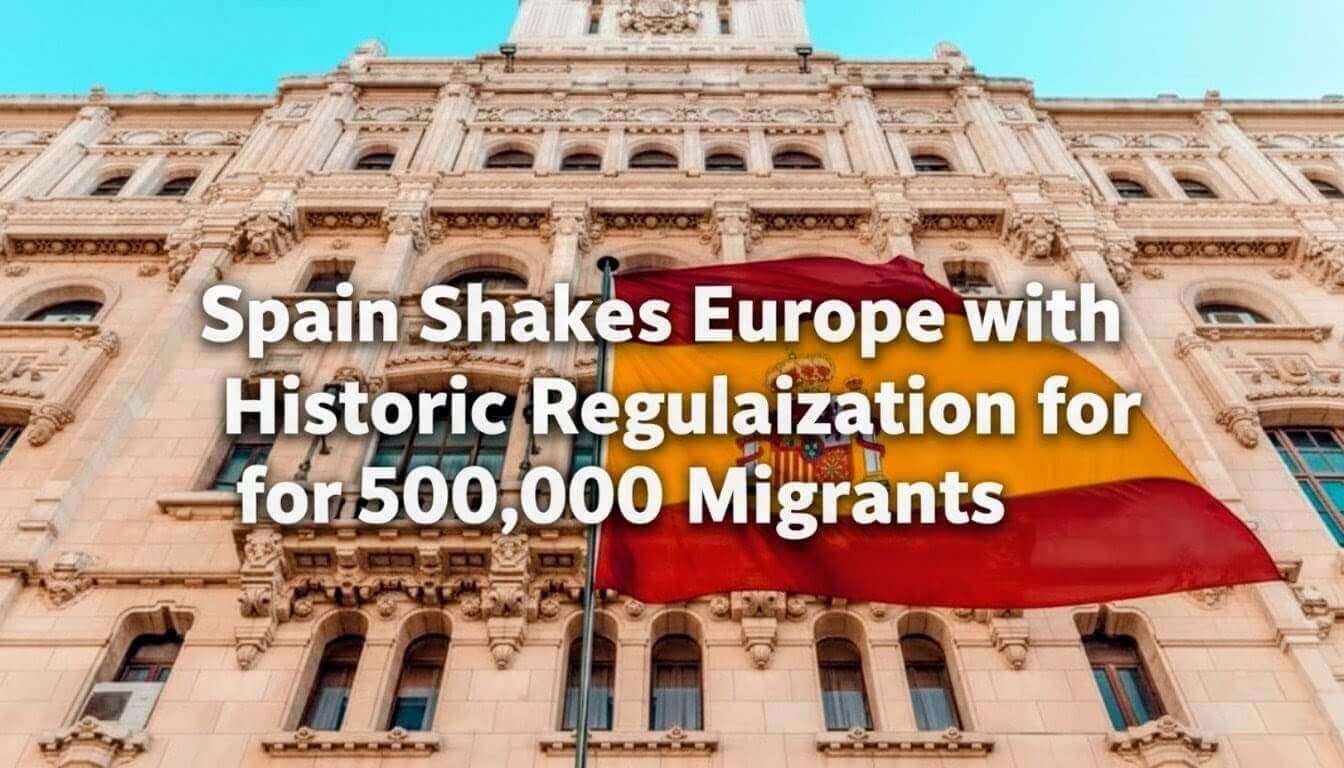
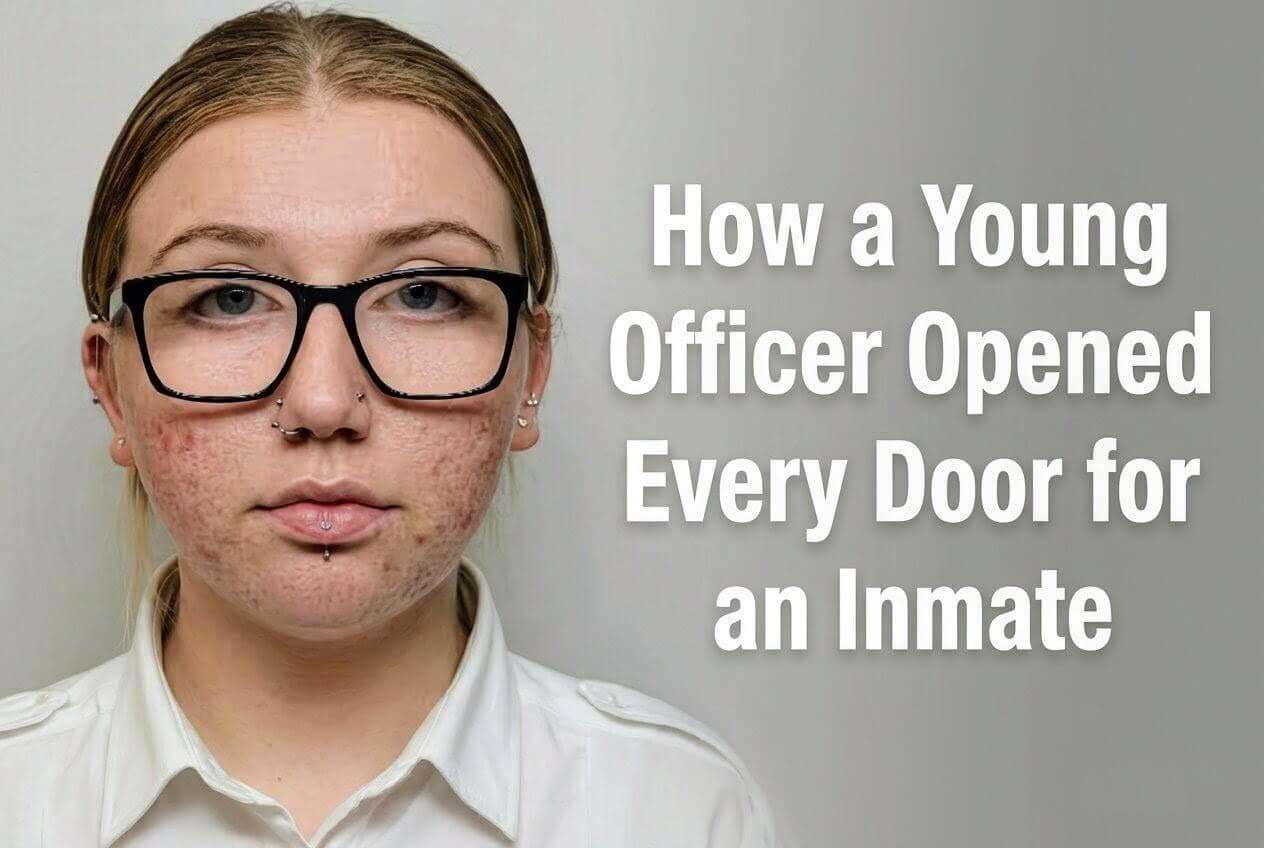
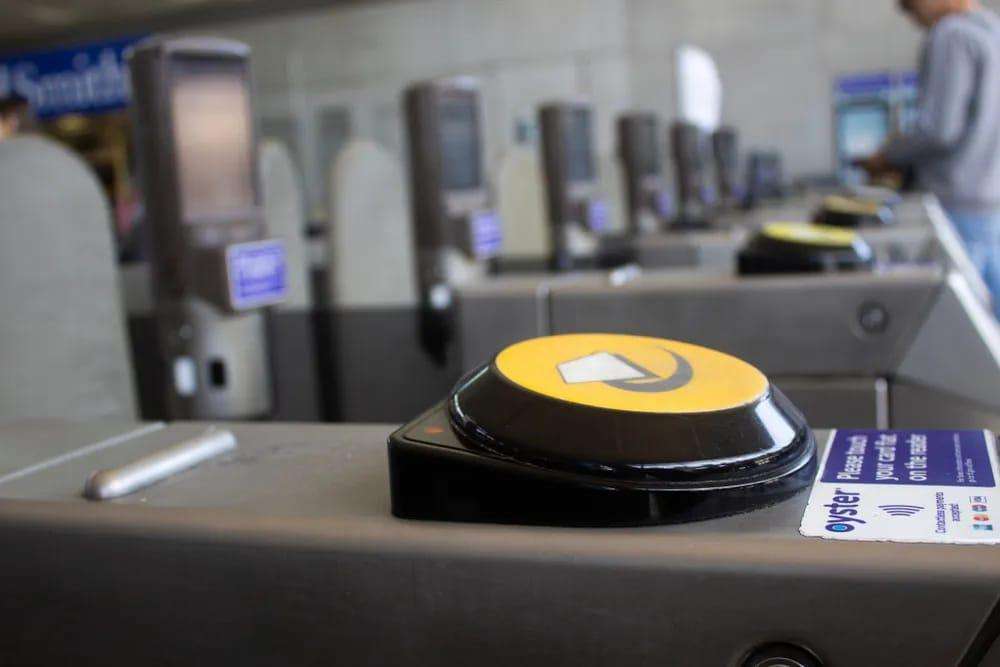


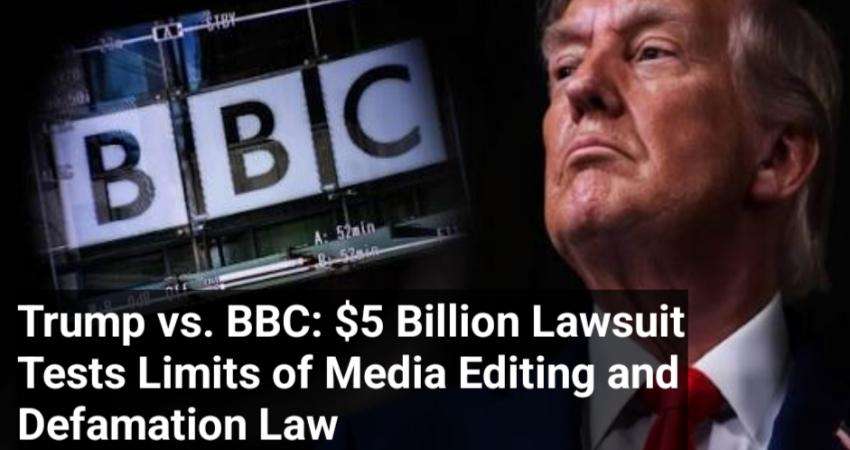
.svg)

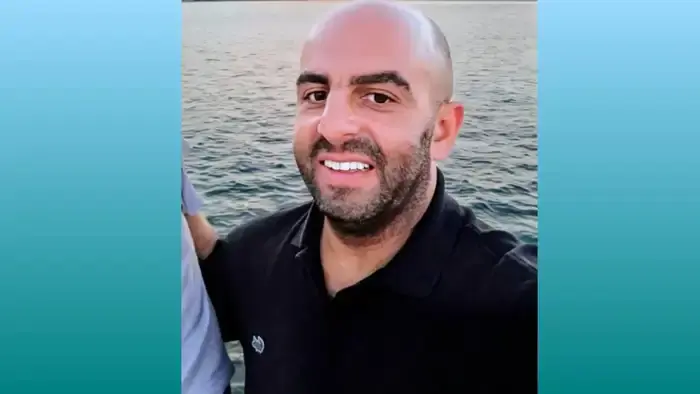
.jpg)
.jpg)